Your cart is currently empty!
Category: Educational Resources
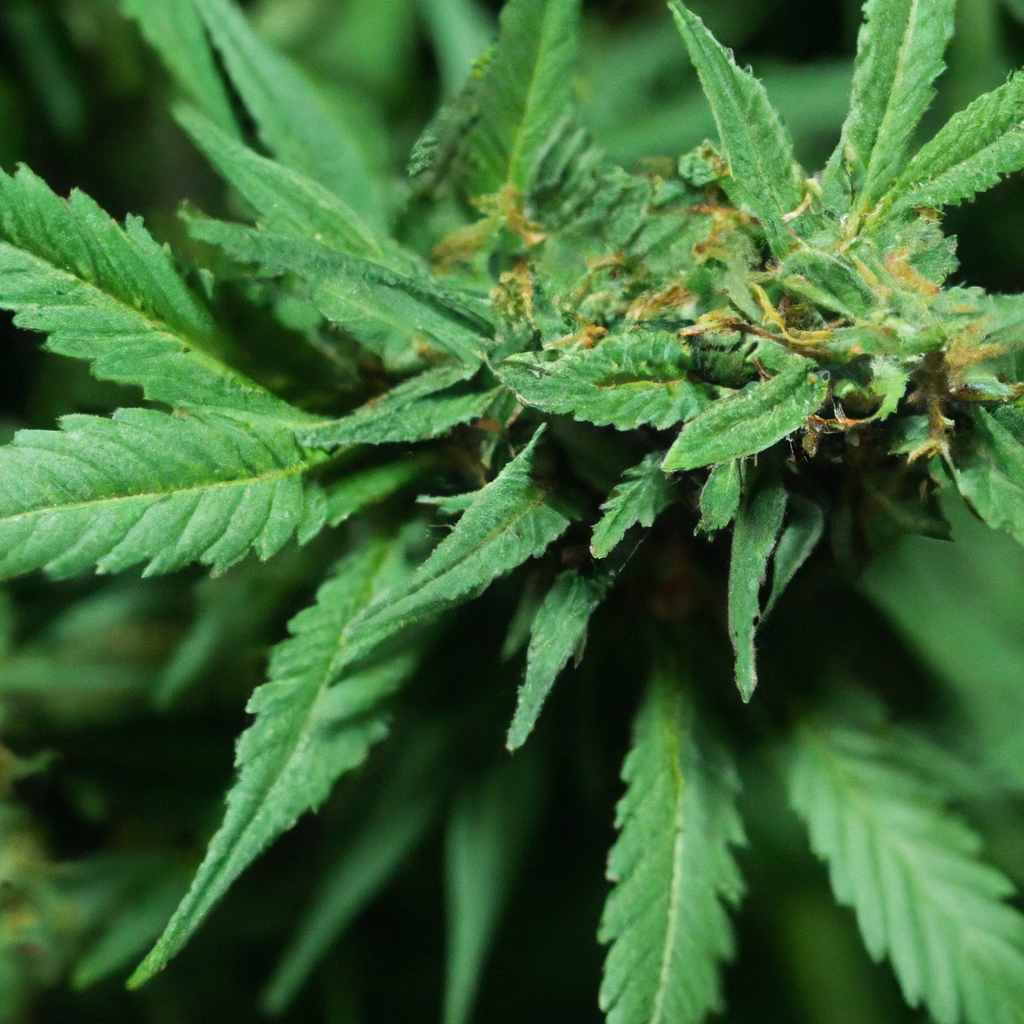
Discover the crucial role of flavonoids in the cannabis plant, as this article delves into their impact on aroma, flavor, and therapeutic potential. Often overlooked in favor of cannabinoids like THC and CBD, flavonoids contribute significantly through their antioxidant and anti-inflammatory properties. Learn about common cannabis flavonoids such as quercetin, kaempferol, and the unique cannflavin…

Indoor cannabis cultivation provides growers with precise control over environmental factors like temperature, humidity, and light, facilitating optimal growth conditions and potentially enhancing yield and quality. The article explores the advantages such as better climate control, pest management, light optimization, and privacy. Key strategies for maximizing yield include using high-quality LED lighting, maintaining ideal temperature…
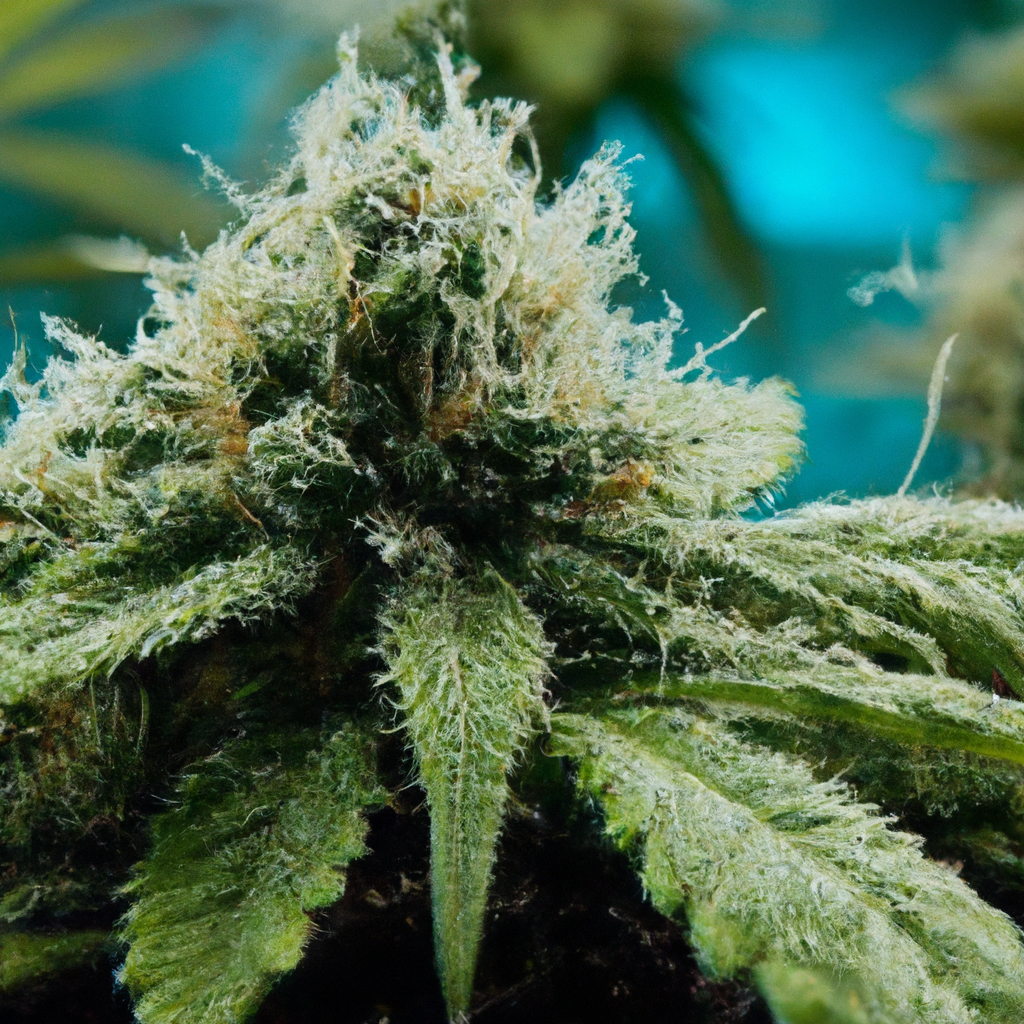
The world of cannabis cultivation is becoming increasingly sustainable by leveraging symbiotic relationships with nature. By exploring interactions between cannabis and organisms like fungi, bacteria, and beneficial insects, cultivators can boost growth, enhance soil health, and increase yields. Mycorrhizal fungi, for instance, extend plant root systems for better nutrient and water absorption, while beneficial microbes…
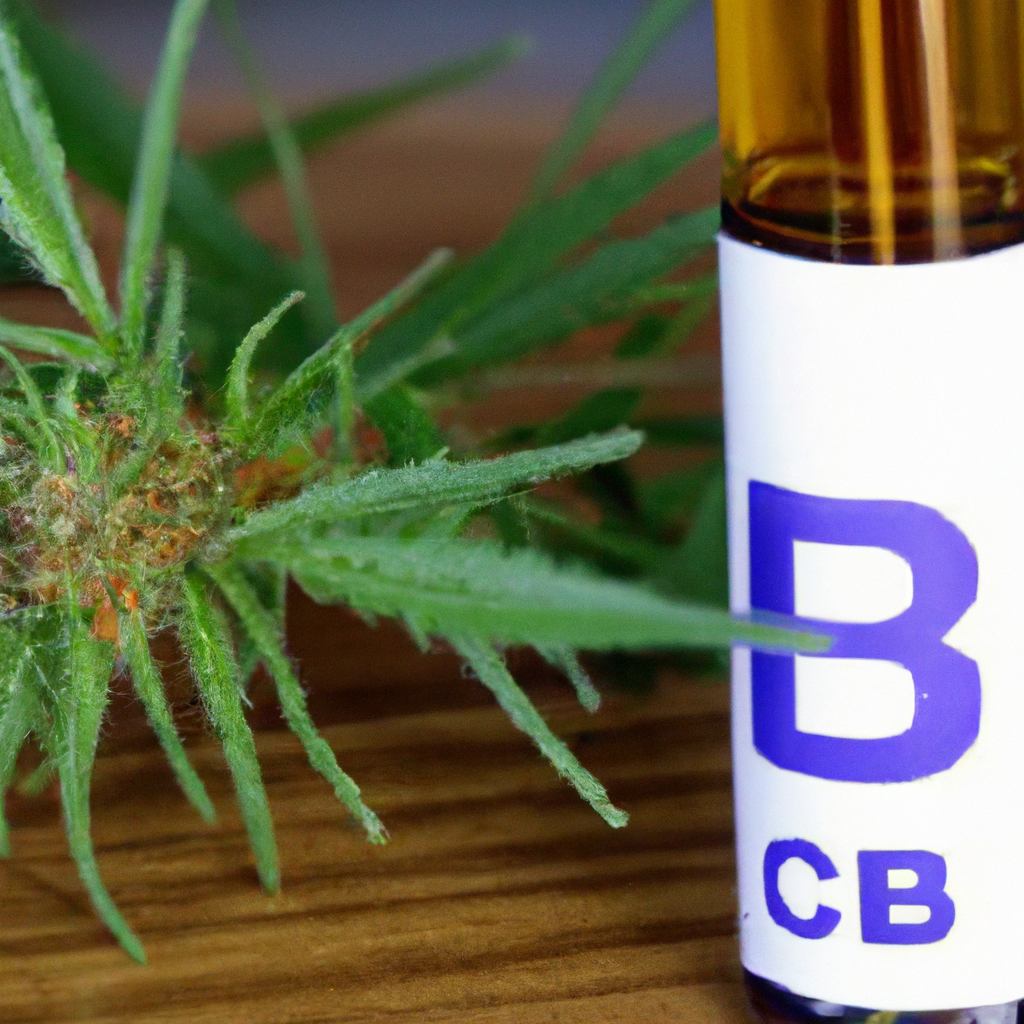
Exploring the non-psychoactive benefits of CBD, this article highlights its therapeutic potential in anxiety relief, pain management, and neuroprotection. Unlike THC, CBD interacts with the endocannabinoid system without producing a “high,” offering various health benefits. Safe usage involves selecting the right product and adhering to dosage guidelines, ideally with professional guidance. As research continues to…
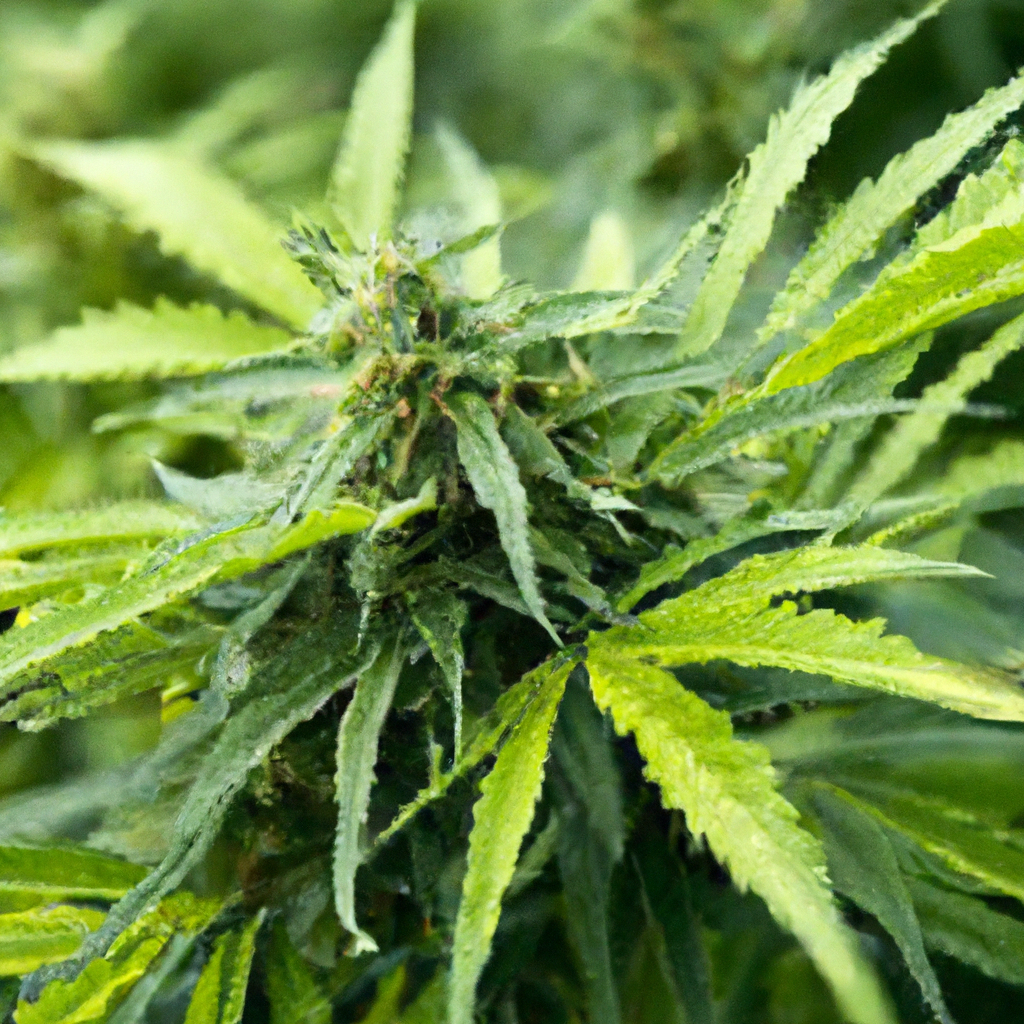
Cannabis is gaining attention for its potential role in environmental preservation and climate change mitigation. With its rapid growth cycle, cannabis effectively absorbs carbon dioxide, assisting in carbon sequestration. Sustainable cultivation techniques are being adopted by farmers, including composting, integrated pest management, water conservation, and renewable energy usage. A case in California showcases a cannabis…
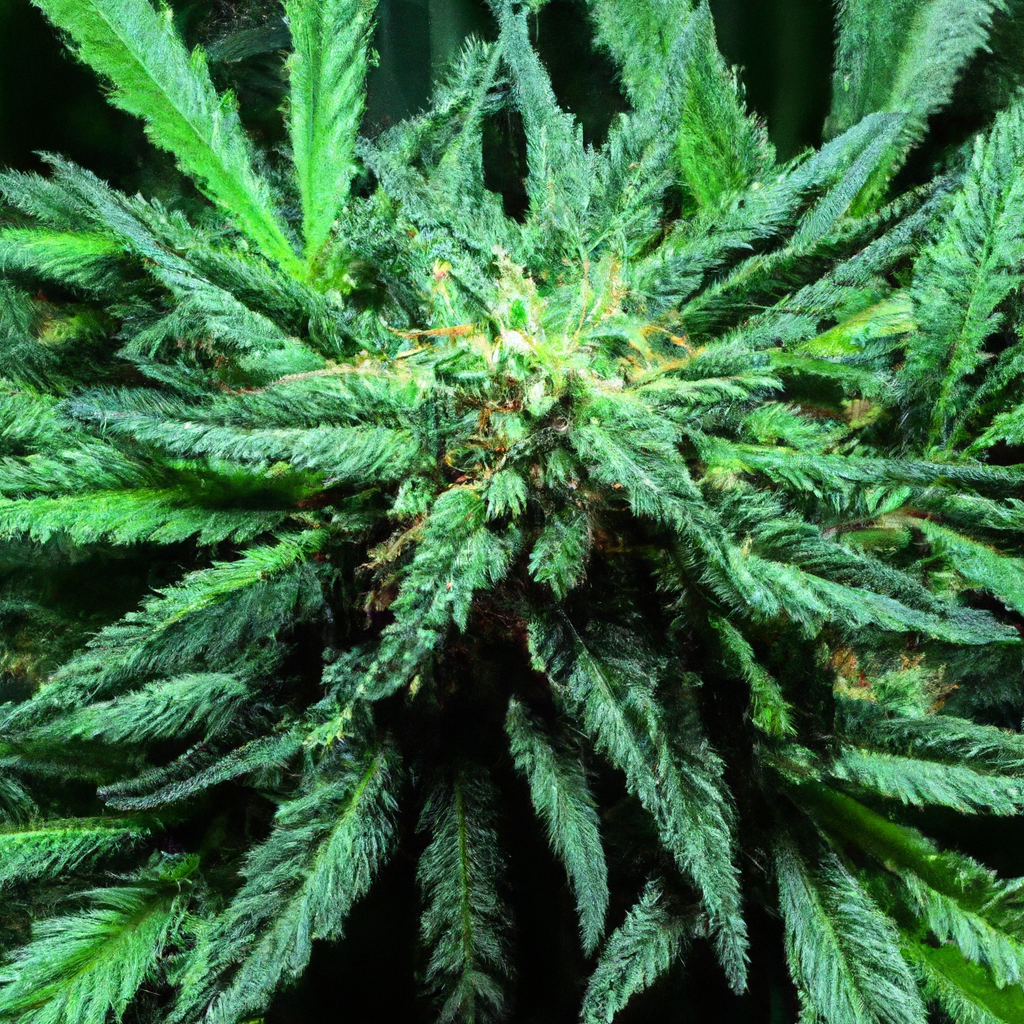
Discover the benefits of Low-Stress Training (LST) for cannabis cultivation, a method that enhances yield, potency, and quality by gently manipulating plant shape to optimize light exposure. LST, unlike high-stress techniques, increases light exposure, improves yield, boosts potency, and is space-efficient, making it ideal for indoor growers. Learn step-by-step how to implement LST, from preparing…
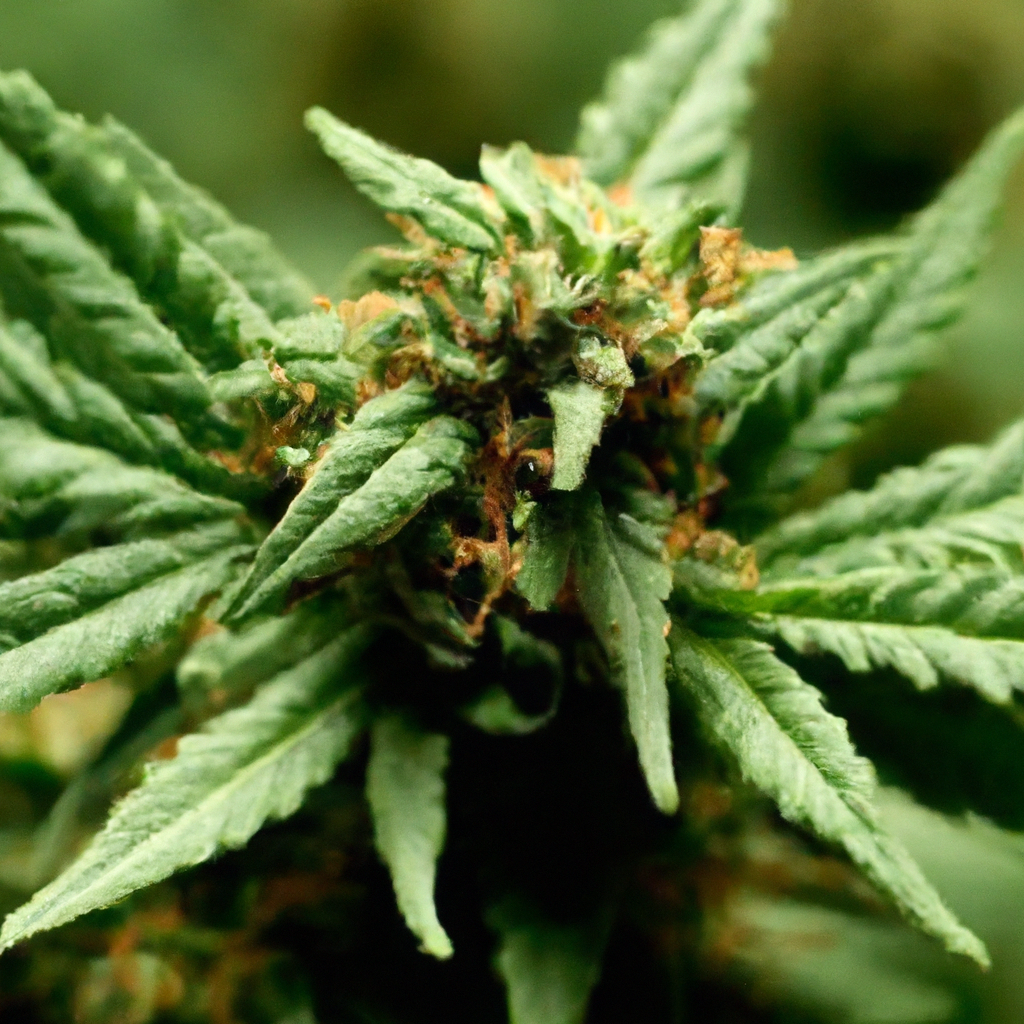
With growing interest in alternative therapies, cannabis, particularly cannabidiol (CBD), shows promise in managing symptoms of neurological disorders such as epilepsy, Parkinson’s disease, and multiple sclerosis. Cannabinoids in cannabis interact with the brain’s endocannabinoid system, potentially reducing inflammation and neuron damage. Case studies demonstrate CBD’s efficacy in reducing seizures, improving mobility, and alleviating pain. Integrating…
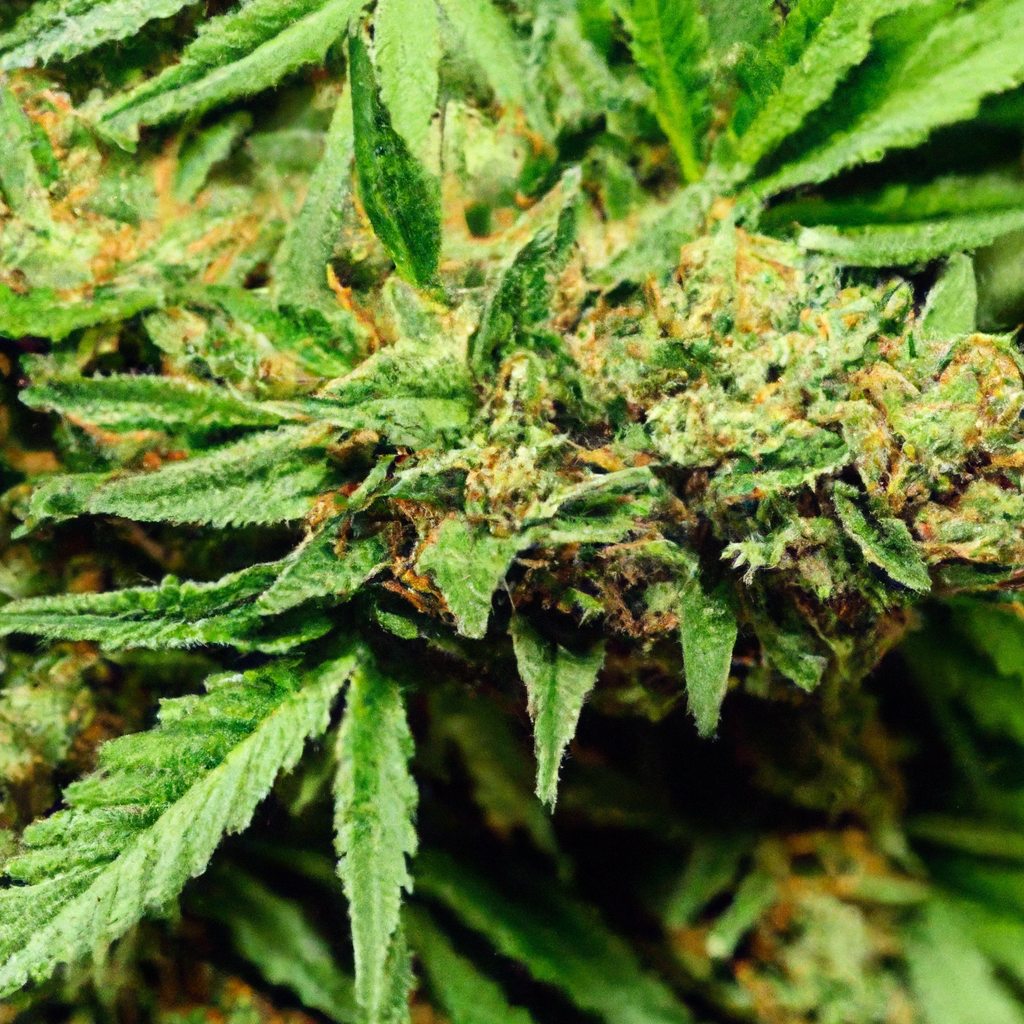
Embark on a journey through the rich history of cannabis, a plant integral to human culture for thousands of years. Originating in Central Asia around 5000 BCE, cannabis played vital roles in ancient Chinese medicine and religious rituals across diverse cultures, including Egypt and India. While utilized for its fibers and medicinal benefits in early…
The relationship between cannabis and the human endocrine system is an emerging field of study, with evidence suggesting cannabis compounds like cannabinoids and terpenes can influence hormonal balance. Key interactions include CBD’s potential regulation of cortisol, impacts on insulin sensitivity, and effects on sex hormones such as estrogen and progesterone. Terpenes like limonene and linalool…
Cannabis resin, rich in cannabinoids and terpenes, is essential for the plant’s effects and aroma. Boosting resin production enhances potency, flavor, and overall quality. Key techniques include low-stress training (LST), optimized lighting, precise nutrient management, and controlling temperature and humidity. Common challenges such as pests, mold, over-fertilization, and insufficient light can be addressed with proper…
